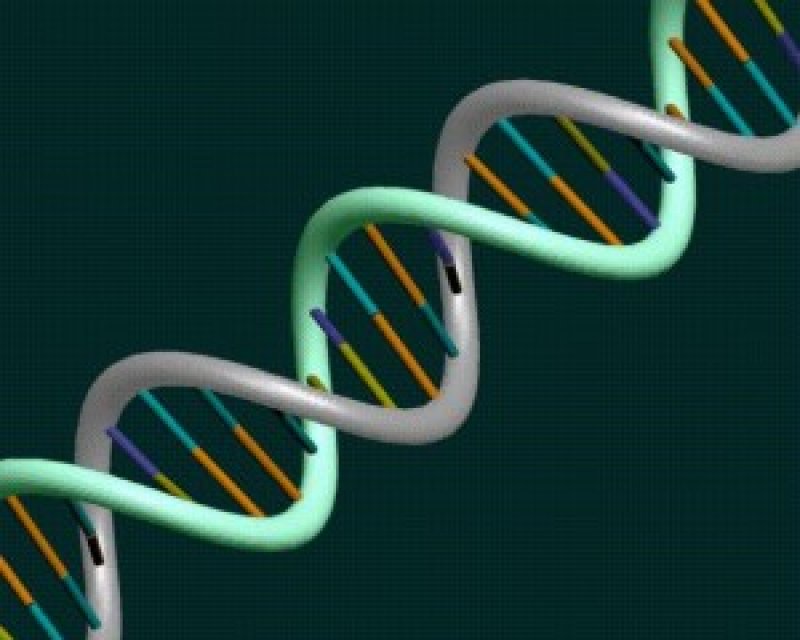 Rapid advances in genomic sequencing technologies are making the possibility of reliable and affordable whole genome sequencing (WGS) a reality in the next few years.
Rapid advances in genomic sequencing technologies are making the possibility of reliable and affordable whole genome sequencing (WGS) a reality in the next few years.
We all carry about 6 billion base pairs of DNA in each of our cells, with 5-10 million inherited variants that are different among us. This genetic variation along with environmental influences provides a blueprint for health throughout the life span, and is related to virtually every disease of public health significance. There is definite interest among the public and scientists about the personal utility of this information. In a recent survey by Nature, attitudes towards genome sequencing were explored among a sample dominated by scientists and professionals from medicine and public health. Although only 18.2% of respondents had had their genome sequenced or analyzed, 2/3 of those who had not reported they would take the opportunity should it arise. Curiosity was reported as the main single factor influencing respondents.
Can this information be useful today in improving medical care and preventing disease?
The answer is not yet. However, there are now early success stories in using whole genome analysis for identifying causes of mysterious illnesses that have a strong familial or genetic component. In the near future, WGS will improve the diagnosis of a small subset of patients with disorders resulting from disruption of a single gene or chromosomal region. However, WGS is unlikely to provide valuable clinical diagnosis for people with more common diseases, resulting from complex genetic and environmental interactions, because our ability to interpret the combined effects of common genetic variants remains limited.
Additional Resources:
- Charting a course for genomic medicine from base pairs to bedside, PubMed.gov
- Curiosity driving personal genetic testing among scientists, PHG Foundation































